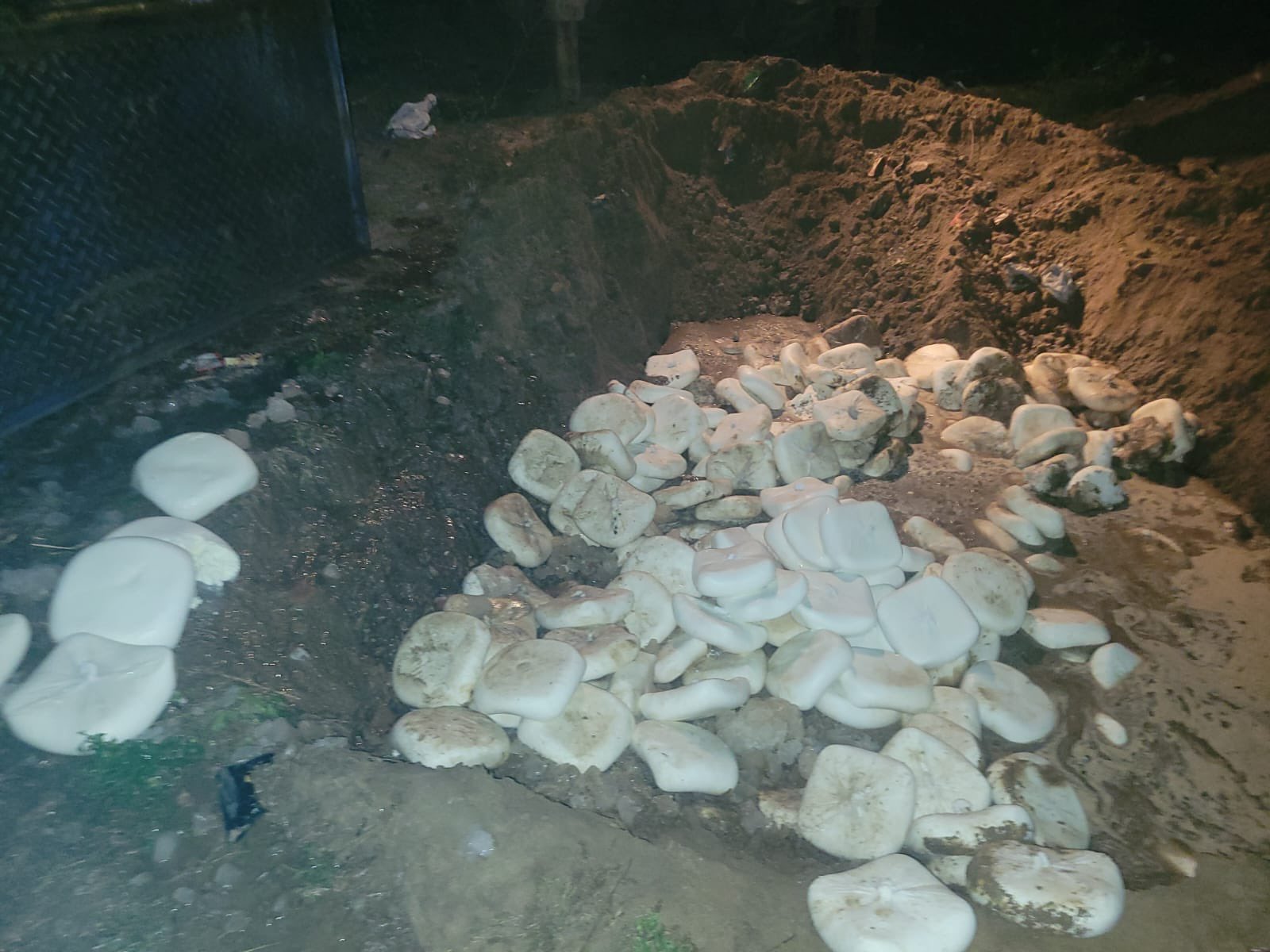Nowadays, we often hear people talking about gluten-free diets, foods, etc. Some say that they are allergic to gluten while some go gluten-free to lose weight? But does going gluten-free really help in losing weight? Are there any repercussions of the diet for weight loss? Well, to answer these questions, let's first understand what gluten is?
What Does 'Gluten' Mean?
Gluten is a Latin word that means glue, mixture of proteins found in wheat, rye, oats and barley and all the olden and hybrid grains like Spelt, Khorasan and Triticale.
Just like its name that means glue, it works like glue and makes the dough of baked goods elastic and stretchable. Wheat flour contains two types of protein strands - Glutenin and Gliadin, wrapped around starch granules. When wheat flour is combined with water, the protein strands unwind and link together to form a membrane-like network which is called gluten. This is what causes wheat dough to stretch and pull and gives it the elasticity. Refined flour (or maida) is what we get once the bran or germ is removed from wheat flour. This makes the refined flour finer and gives it a longer shelf life.
Gluten has been blamed for weight management issues and a lot of people believe that eliminating this protein may aide weight loss. Is this belief true or another urban nutritional myth? We're here to find out for you!
(Also Read: How to Start a Gluten-Free Diet: Getting Back to the Basics)
 Gluten-free diet is essential for people suffering from celiac diseases.
Gluten-free diet is essential for people suffering from celiac diseases.What Does Gluten-Free Diet Mean?
Gluten-free diet is a diet free from gluten, a protein found in grains - primarily wheat and rye. Gluten-free diet is essential for people suffering from celiac diseases and gluten restriction may also be advised if a patient is sensitive to gluten. Gluten-free diets are essentially for celiac disease patients and no study has shown any other benefits of this restriction.
How Does Going Gluten-Free Help In Weight Loss?
A lot of people suffering from bloating and indigestion feel better when they remove gluten from their diets, but it does not point to gluten intolerance. In fact this may be simply because our food today is laden with gluten and we do not eat other cereal grains, so the body is just reacting to an overload. Gluten-free diets do not assist with weight loss as for that you need to improve your entire lifestyle to include less sugary foods, fresh balanced meals along with exercise.
One advantage of going gluten-free is that you begin to eat more whole, unprocessed foods such as fruits, vegetables, legumes and meats and avoid junk simply because of the wheat in it. There is research around the fact that wheat actually augments your appetite more than satiating it.
Thus, Gluten-free diets may help you make healthier food choices, but this needs to be combined with exercise and overall healthier eating for the purpose of weight loss.
Who Should Go Gluten-Free?
Those people who have celiac disease must consider going gluten-free. Desire to go gluten-free should not be indulged in just for the purpose of losing weight, since this means cutting out an entire group of foods and nutrients from your diet. Losing weight does not necessarily need to involve going gluten-free. Avoid going gluten-free if you are not gluten-sensitive, as you may miss out on important fibre.
(Also Read: 5 Things You are Doing Wrong with Your Gluten-Free Diet)

How To Know If I Am Gluten Intolerant?
There are a few symptoms of gluten sensitivity and another few of gluten intolerance. Bloating is one of the most common symptoms of gluten intolerance. This could be accompanied with abdominal pain, a feeling of tiredness, and skin problems. If you have other autoimmune diseases such as thyroid, you may be more susceptible to gluten intolerance as it is also a form of the disease.
Advantages Of Going Gluten-Free
There are a number of benefits associated with going gluten-free, which may include some of the following:
- Eliminates unhealthy and processed foods
- Reduces risk of heart disease
- Promotes eating healthy food that is gluten-free
- Helps ward off cholesterol and promotes health
- Increases energy levels
- Promotes digestive health and overall well-being
Risks Of Going Gluten-Free
People who go gluten-free may be at risk of certain conditions, including overall detriment to health:
- May result in nutritional deficiencies
- Lack of fiber which may cause problems in digestive systems
Experts recommend not going gluten-free unless you have a celiac disease or gluten intolerance. The benefits of having gluten far outweigh the risks of not having it. Thus, it is recommended not to go on a gluten-free diet unless said by your doctor specifically so. The Indian diet is suited to incorporating of wheat in the diet for ages, and lack of wheat needs to be substituted with equally satiating grains in the diet.
(Also Read: 7 Gluten Free Grains You Should Know About)

How To Avoid Costs Associated With Going Gluten Free
If you wish to go gluten-free, and your diet traditionally does not include foods that are gluten-free, the expense of going gluten-free may be immense. Gluten-free ingredients and dishes are hard to come by, and are often more expensive than their gluten-containing conterparts. The best practice to go gluten-free is to go local, and source locally produced ingredients that can be easily incorporated in the diet. Preparation of gluten-free foods is much higher than the foods just being replaced. Thus, it is a good idea to replace foods from the very basic breakup of the diet rather than prepare them separately.
What To Eat To Go Gluten-Free?
So, eat a variety of grains. Replace wheat with Jau, Kuttu, Bajra, Makki, Ragi or Amaranth in one meal a day. This will rest your system and bring a lot of nutrients to your daily food. Some other gluten-free items that can be consumed are:
- Meats and fish
- Eggs
- Dairy
- Fruits and vegetables
- Nuts and Seeds
- Oils
- Beverages
All these items are easily available with the local grocery and can be found in abundance to replenish in your diet.
So, eat a variety of grains. Replace wheat with Jau, Kuttu, Bajra, Makki, Ragi or Amaranth in one meal a day. This will rest your system and bring a lot of nutrients to your daily food.
Watch Here:
Disclaimer: The opinions expressed within this article are the personal opinions of the author. NDTV is not responsible for the accuracy, completeness, suitability, or validity of any information on this article. All information is provided on an as-is basis. The information, facts or opinions appearing in the article do not reflect the views of NDTV and NDTV does not assume any responsibility or liability for the same.
About Rupali DattaRupali Datta is a Clinical Nutritionist and has worked in leading corporate hospitals. She has created and lead teams of professionals to deliver clinical solutions for patients across all medical specialties including critical care. She is a member of the Indian Dietetic Association and Indian Association of Parenteral and Enteral Nutrition.











